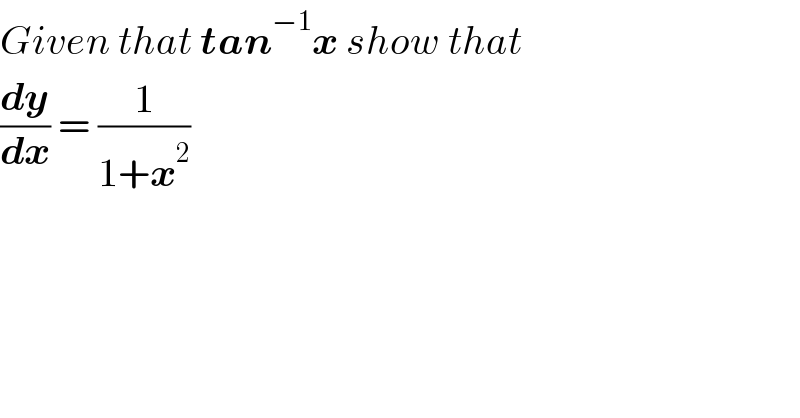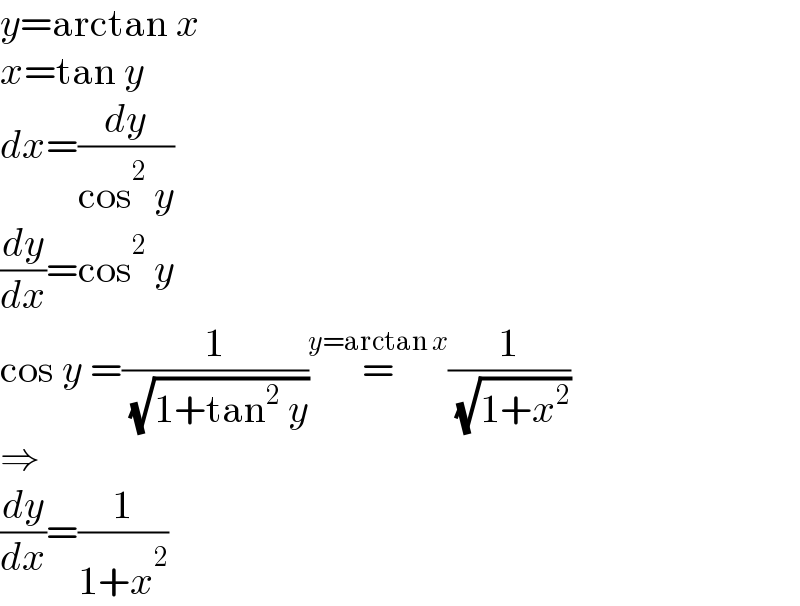
Question and Answers Forum
Question Number 129031 by oustmuchiya@gmail.com last updated on 12/Jan/21

Answered by MJS_new last updated on 12/Jan/21

| ||
Question and Answers Forum | ||
Question Number 129031 by oustmuchiya@gmail.com last updated on 12/Jan/21 | ||
 | ||
Answered by MJS_new last updated on 12/Jan/21 | ||
 | ||
| ||